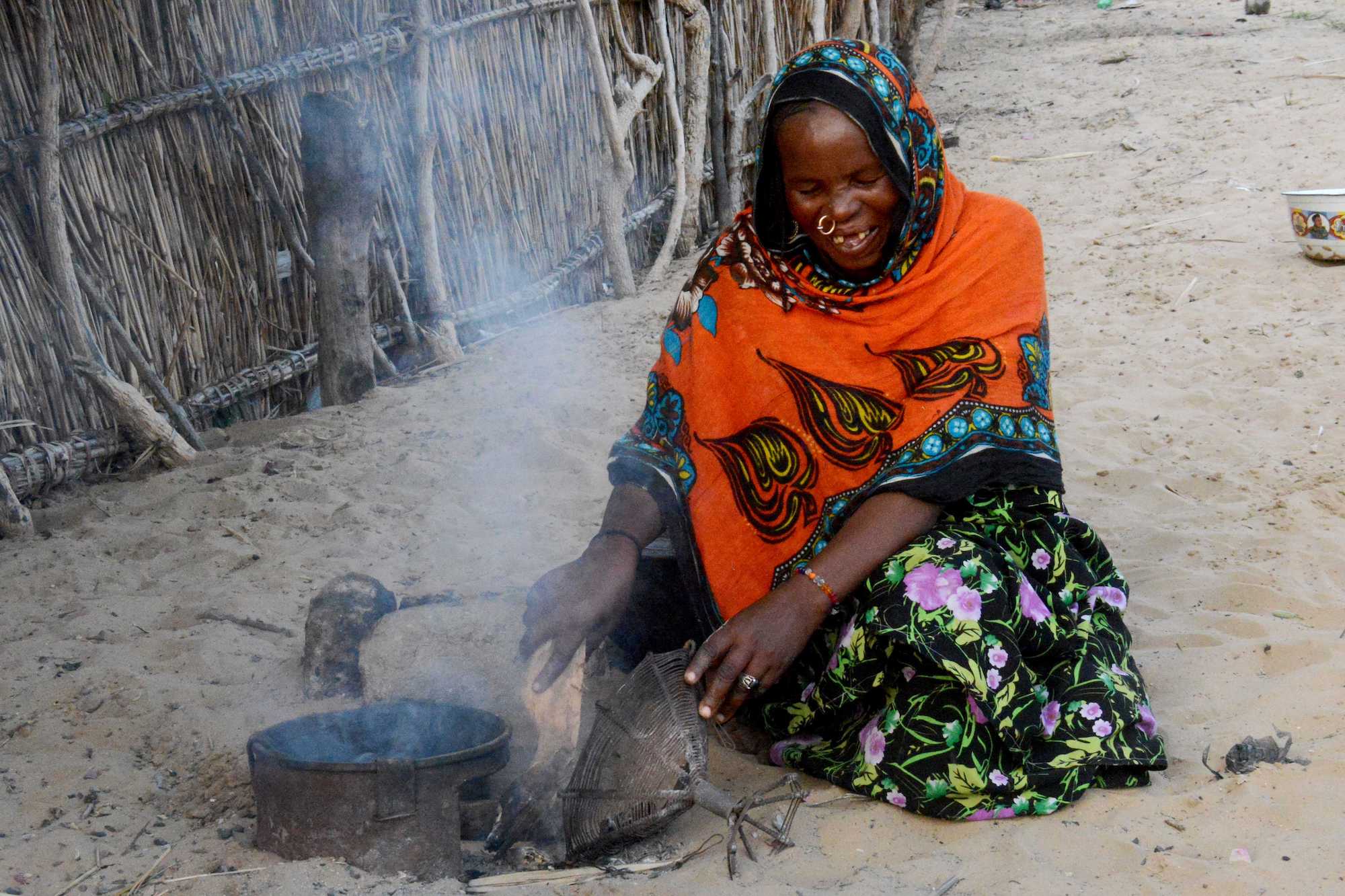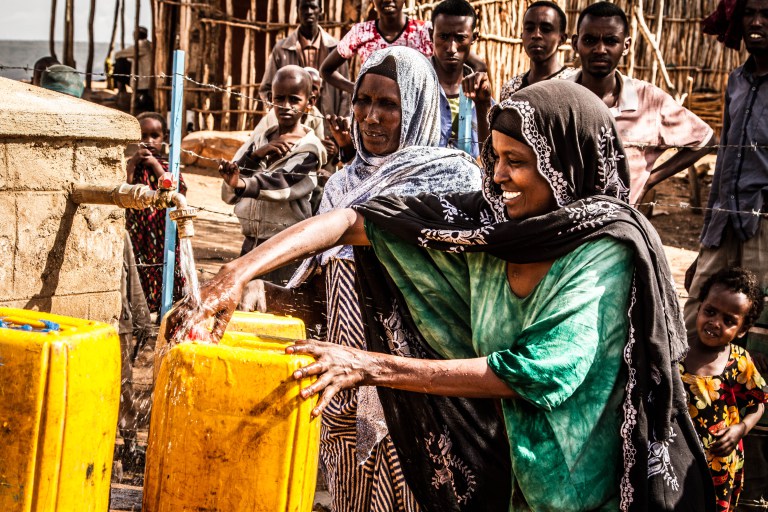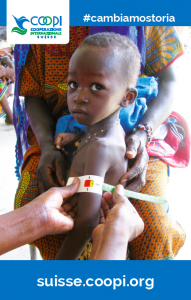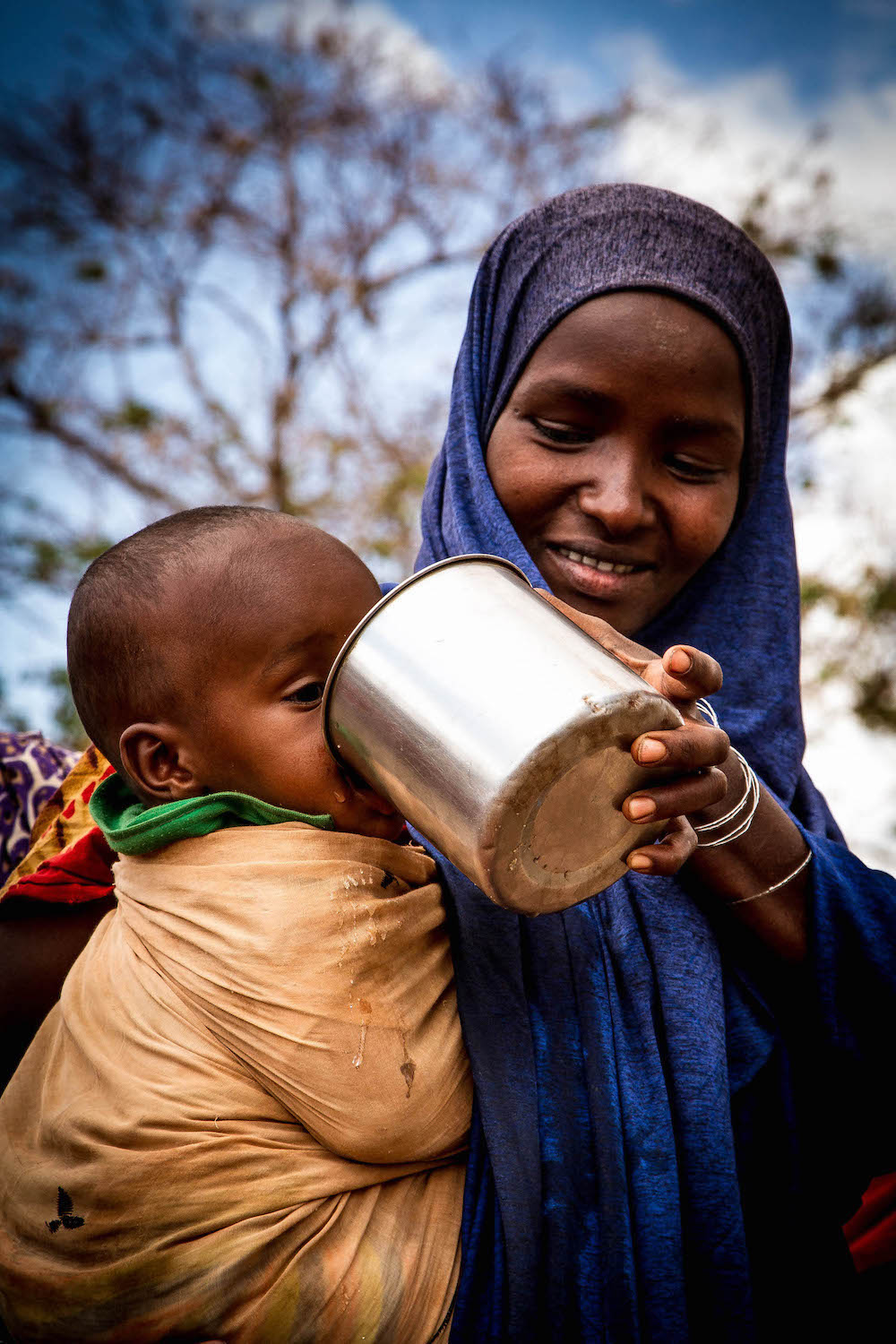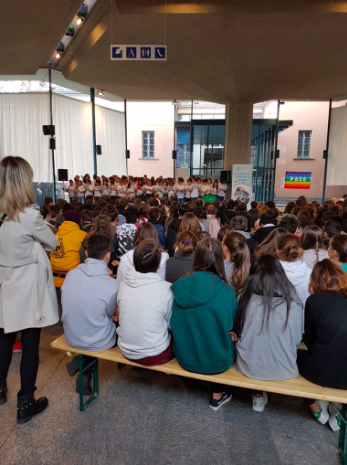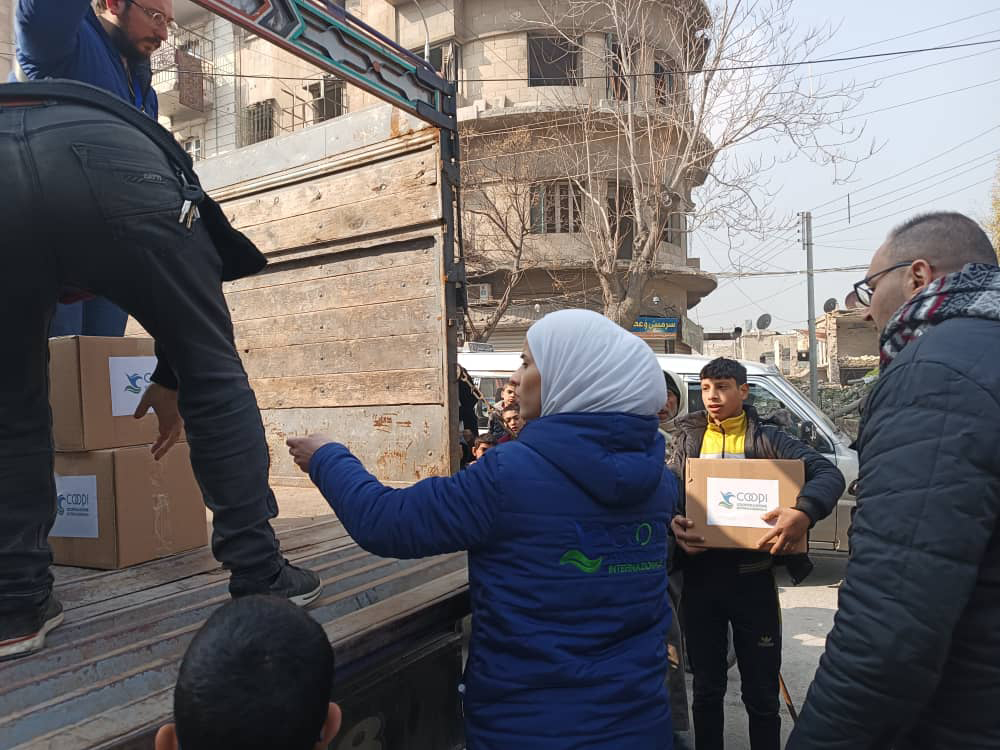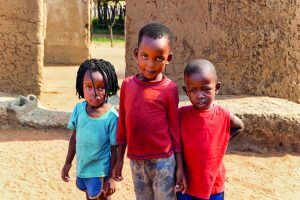In Ethiopia, droughts cyclically put a strain on the population, which mostly earns its livelihood from small-scale farming and pastoralism. The situation is further aggravated by the conflict in the Tigray region and the restrictions imposed as a consequence of the Covid-19 pandemic. Food insecurity and migration are the order of the day in what is one of the most populous countries in Sub-Saharan Africa.
Access to energy is also often very problematic: for cooking, most families use traditional stoves that disperse a lot of heat and require large amounts of wood.
An easy-to-use but decisive tool for combating food insecurity and promoting the spread of safe and sustainable energy are improved stoves – called Tikikil – which consume much less fuel because they store heat more than traditional stoves.
In the rural areas of Bale and South West Shewa – in the Oromia region – in 2020 and 2021 COOPI Suisse distributed improved stoves to 10,970 households reaching some 54,850 individuals thanks to a two-year project financed by the Swiss Cooperation: a significant result, even higher than initially planned by the project.
The improved stoves can also be easily produced: their distribution therefore also opens up development opportunities for local micro-entrepreneurs. In addition to distributing and training families to use them, COOPI Suisse also trained 36 manufacturers in stove construction techniques.
Direct beneficiaries: 9,000 families (about 45,000 individuals) living in the rural areas of the target Kebele
Indirect beneficiaries: approximately 150,000 individuals (the inhabitants of the rural areas of the target Woreda)
The project duration is from August 2020 to July 2021.

